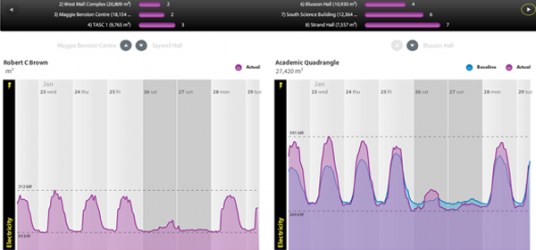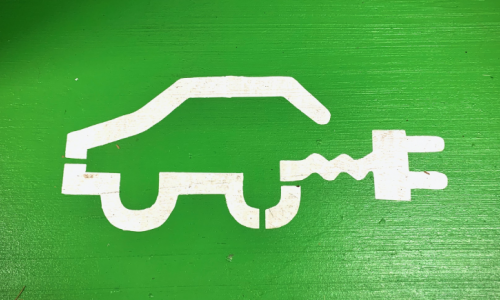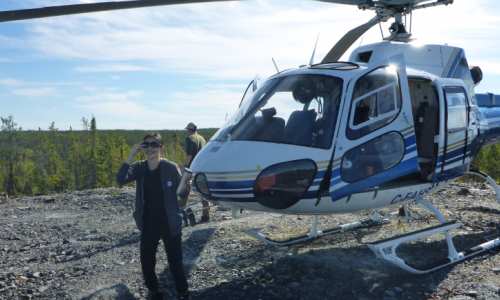
In my current role as an Energy Specialist with SFU Facilities Services, I help coordinate numerous energy efficiency and conservation projects across campus including the BC Hydro Continuous Optimization Program, Green Labs, and National Sweater Day. I often get asked about the opportunities and challenges I’ve encountered in this position by students curious about entering this field.
Below are some common questions and answers to help you get started if you’re considering a career in energy management:
What do you do in this role?
My primary role in SFU focuses on energy management in buildings, and it includes monitoring, targeting, conserving, and reporting on SFU’s energy consumption. I am also responsible for reporting on greenhouse gas emissions from campus buildings.
How did you get started in the industry?
My undergraduate project with the UBC Sustainability Office sparked my interest in sustainability and energy, and this changed my academic and professional growth in a profound way. After that, I was motivated to complete a Master’s degree in Clean Energy Engineering and hope to emphasis a focus on community well-being in my career.
What’s the most rewarding part about being an Energy Manager / Specialist?
There are a thousand reasons to like this job. I think the most rewarding part is to be able to help the University reduce energy consumption and greenhouse gas emissions. It’s exciting to have the opportunity to work with SFU students – I’ve learned a lot from their passion for sustainability and ability to think critically about environmental issues.
What are some of the challenges that an Energy Manager / Specialist may face? How did you overcome these challenges?
Not only is it sometimes challenging to find available funding and new energy conservation projects or ideas, it can be challenging (but essential) to communicate to different stakeholders that energy conservation is a priority for SFU. We all have different priorities, and unfortunately, energy is invisible and even the impacts of climate change seems too distant for us to worry about today. This makes it particularly challenging to convince people that energy conservation is one of our priorities.
With that in mind, creating a clear communication plan can help bridge the gap. Also, increased coordination with an organization’s boarder sustainability program can improve the effectiveness of energy awareness activities or strategies.
What are some of the opportunities?
The greatest lesson I’ve learned is the importance of creating partnership with different stakeholders. Whether it’s sustainability or energy management, you always need people’s support where community engagement is critical. Having said that, SFU is heading in the right direction with its vision to “become Canada’s leading engaged university”.
What’s a typical day in the life of an Energy Manager / Specialist like?
While every day is very different, I usually start by trying to clean out my inbox in the morning! I check up on our real-time energy dashboard to see if the energy consumption of our buildings is out of control. If consumption levels are beyond an expected range, our team will contact the building representative to see if the problem can be addressed.
As an energy specialist, one of my primary goals is to reduce campus energy consumption. Working together with the building occupants and consultants, our team identifies energy reduction projects and develops a business case for those initiatives. If a project is approved, we will then coordinate our efforts with the consultants, contractors, and other parties involved. Once the project is completed, our team follows up to verify if the reduction target has been achieved.
On a lighter note, from time to time our team also has to address issues concerning areas being too hot or cold!
Beyond the Blog
-
To learn more about energy initiatives in SFU, visit SFU Green Services or SFU Energy Initiatives.













